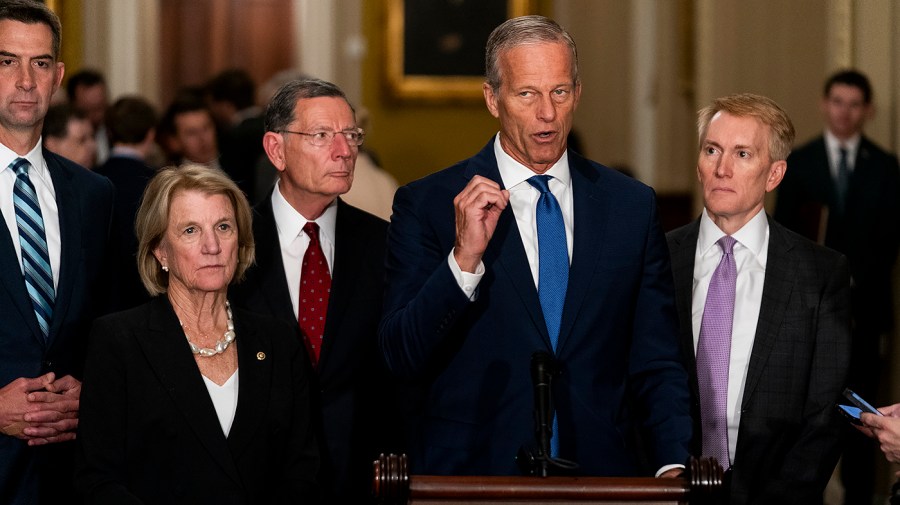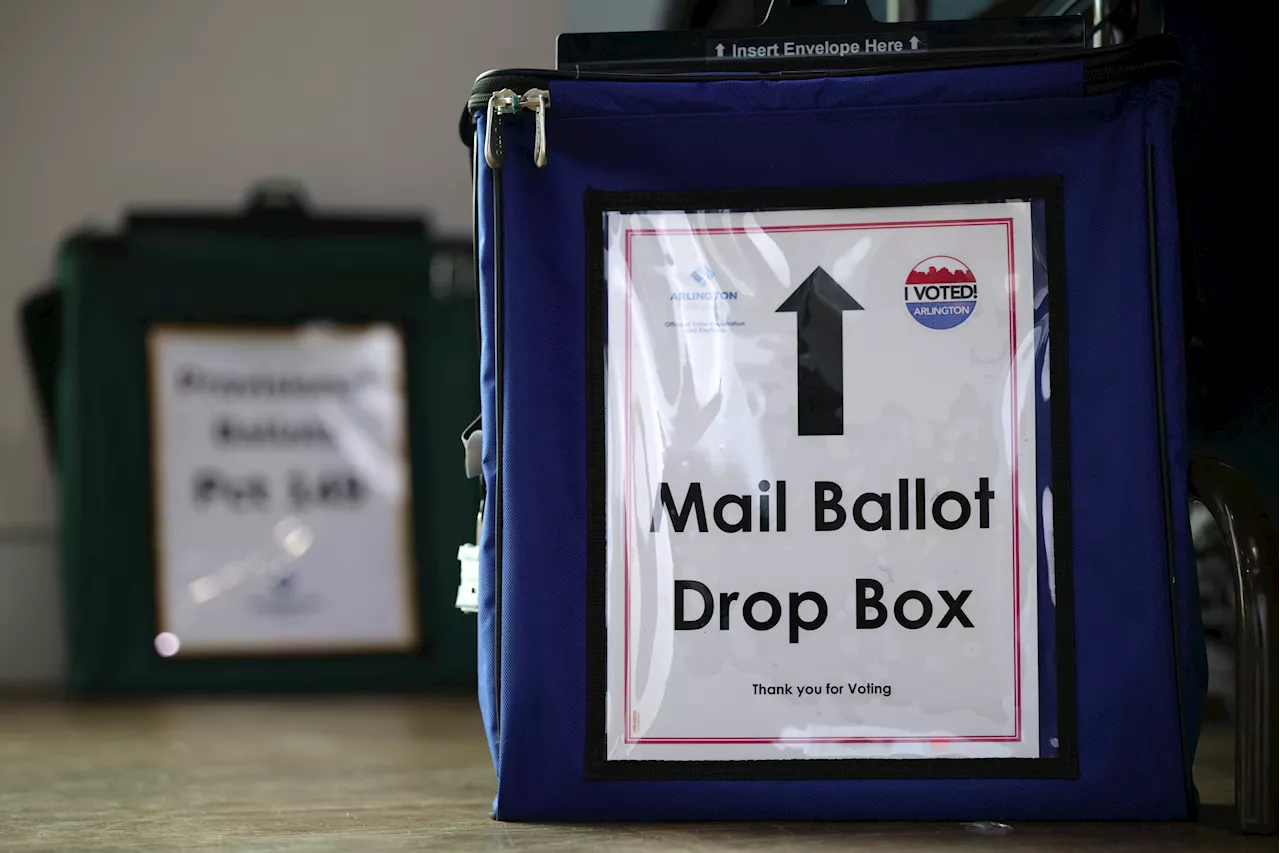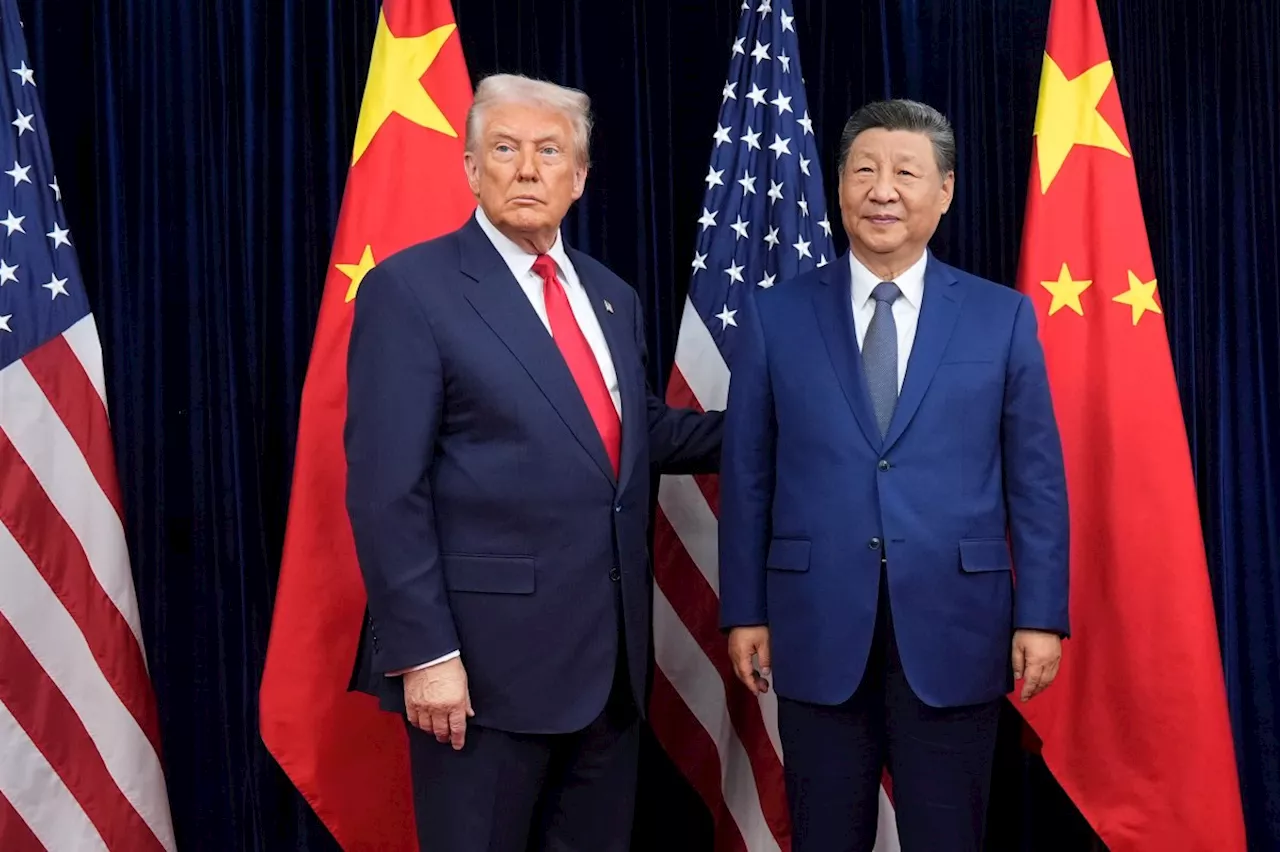
The U.S. Senate is grappling with heightened partisanship as critical deadlines loom, particularly regarding the confirmation of President Donald Trump’s nominees. Following extended negotiations that failed to expedite the confirmation of numerous lower-level appointments, the Senate adjourned on Saturday night, leaving Republicans frustrated and contemplating drastic procedural changes.
With the Senate’s August recess approaching, tensions between Democrats and Republicans have escalated. Lawmakers are increasingly entrenched in a partisan struggle, impacting not only nominations but also upcoming government funding battles. Many are questioning whether bipartisanship can be restored at such a crucial juncture.
Jon Kott, a longtime aide to former Senator Joe Manchin (D-W.Va.), expressed grave concerns over the current state of the Senate, stating, “I think it is a complete breakdown of the Senate and just absolutely destructive that there can’t be a deal reached on nominations, appropriations, confirmations.” He emphasized that when the Senate struggles to collaborate on these key issues, it risks becoming more like the House of Representatives, which is often marked by more extreme partisanship.
Senate Republicans have signaled a readiness to alter chamber rules to facilitate a quicker confirmation process. Senator Mike Rounds (R-S.D.) noted discussions about reducing the time between cloture and confirmation votes. Some members are advocating for the elimination of the cloture vote altogether, while others propose allowing multiple nominees to be processed simultaneously. Rounds suggested a significant reduction in the number of positions requiring Senate approval, arguing that “most members of the Senate will tell you that they don’t believe it is necessary to go that deep into government” for such approvals.
Under current Senate rules, changing procedural guidelines typically requires a two-thirds majority, or 67 votes. However, Republicans could utilize a rarely invoked method known as the “nuclear option,” which would allow changes with a simple majority of 51 votes. This approach, perceived as a severe escalation of partisan conflict, could significantly reshape Senate operations, not just with nominations but also in broader legislative matters.
The urgency is compounded by a looming government funding deadline on September 30, 2023. Although the Senate managed to pass a preliminary three-bill funding package prior to recess, the potential fallout from a rule change or additional appropriations bills may complicate bipartisan efforts. Democrats have voiced strong opposition to the idea of clawing back previously appropriated funds, fearing it could further erode cooperation.
Senate Minority Leader Chuck Schumer (D-N.Y.) stated, “One of these days, Trump is going to have to learn that he needs to work with Democrats to help the American people.” He criticized the Republican strategy of acting unilaterally, asserting that it has not yielded favorable results for the public.
The political landscape is particularly challenging for Schumer, who must manage a Democratic conference eager to resist Trump while simultaneously preparing for essential government funding negotiations. He faces scrutiny over past decisions to support GOP spending measures, with many within his party warning against similar actions in the future.
Meanwhile, Senate Majority Leader John Thune (R-S.D.) has received commendation for his leadership in facilitating the passage of significant legislation, including Trump’s tax package and various high-stakes nominations. Yet, he must navigate the complexities of potential rule changes, government funding, and the need to maintain party unity amidst growing tensions.
The recent history of the Senate reflects a gradual erosion of bipartisanship, particularly regarding procedural rules. Attempts to change the filibuster have been thwarted in the past, with key figures like former Senators Kyrsten Sinema and Joe Manchin resisting efforts to eliminate it.
As Congress prepares for the upcoming session, the possibility of a bipartisan path forward may hinge on the interplay of government funding and the National Defense Authorization Act. Yet, the specter of rule changes looms large, threatening to deepen divisions further.
Kott cautioned that if the Senate adopts a more adversarial posture akin to the House, it could deter skilled lawmakers from seeking to serve in the Senate, ultimately undermining its effectiveness. “If you turn [the Senate] into the House, you’re gonna lose a lot of the top people who want to be in the Senate, who want to actually get huge legislative wins done for the country,” he warned.
As the Senate reconvenes, the stakes are high. The ability to navigate these challenges without succumbing to deepening partisanship may determine the future efficacy of one of the nation’s key legislative bodies.







